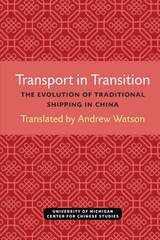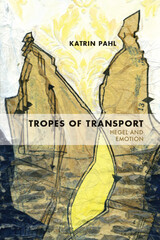

For centuries, readers of Tao Qian have felt directly addressed by his poetic voice. This theme in the reception of Tao Qian, moreover, developed alongside an assumption that Tao was fundamentally misunderstood during his own age.
This book revisits Tao’s approach to his readers by attempting to situate it within the particular poetics of address that characterized the Six Dynasties classicist tradition. How would Tao Qian have anticipated that his readers would understand him? No definitive answer is knowable, but this direction of inquiry suggests closer examination of the cultures of reading and understanding of his period. From this inquiry, two interrelated groups of problems emerge as particularly pressing both for Tao Qian and for his contemporaries: first, problems relating to understanding authoritative texts, centered on the relation between meanings and the outward “traces” of those meanings’ expression; second, problems relating to understanding human character, centered on the unworldly scholar—the emblematic figure for the set of values often termed “eremitic.”

Intervening in the multidisciplinary debate on emotion, Tropes of Transport offers a fresh analysis of Hegel’s work that becomes an important resource for Pahl’s cutting-edge theory of emotionality. If it is usually assumed that the sincerity of emotions and the force of affects depend on their immediacy, Pahl explores to what extent mediation—and therefore a certain degree of manipulation but also of sympathy—is constitutive of emotionality. Hegel serves as a particularly helpful interlocutor not only because he offers a sophisticated analysis of mediation, but also because, rather than locating emotion in the heart, he introduces impersonal tropes of transport, such as trembling, release, and shattering.
READERS
Browse our collection.
PUBLISHERS
See BiblioVault's publisher services.
STUDENT SERVICES
Files for college accessibility offices.
UChicago Accessibility Resources
home | accessibility | search | about | contact us
BiblioVault ® 2001 - 2024
The University of Chicago Press









